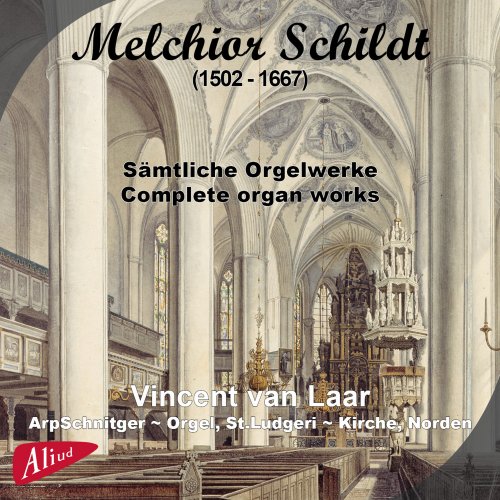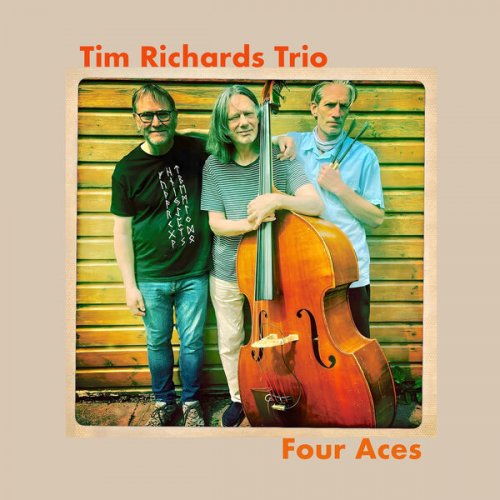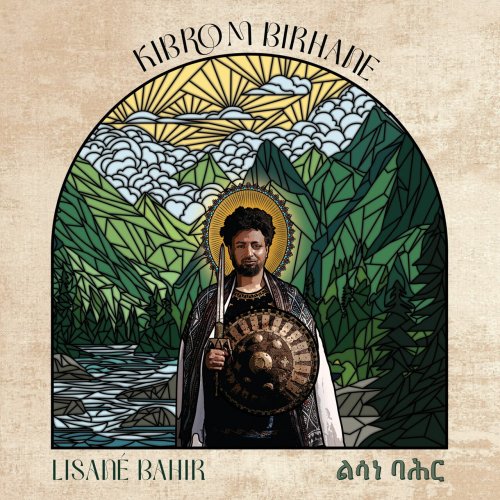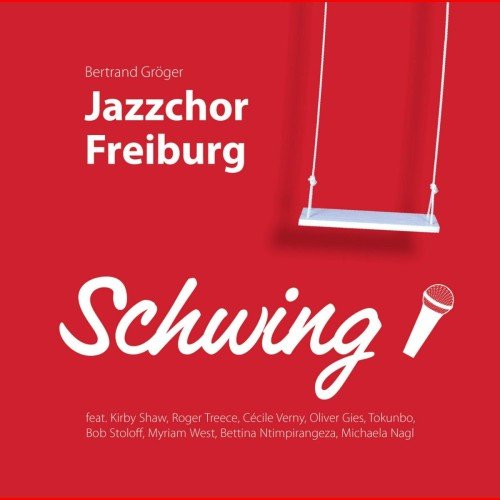Vincent van Laar - Melchior Schildt: Complete organ works (2020) [Hi-Res]

Artist: Vincent van Laar
Title: Melchior Schildt: Complete organ works
Year Of Release: 2020
Label: Aliud Records
Genre: Classical
Quality: flac lossless / flac 24bits - 96.0kHz +Booklet
Total Time: 00:48:42
Total Size: 272 / 1010 mb
WebSite: Album Preview
TracklistTitle: Melchior Schildt: Complete organ works
Year Of Release: 2020
Label: Aliud Records
Genre: Classical
Quality: flac lossless / flac 24bits - 96.0kHz +Booklet
Total Time: 00:48:42
Total Size: 272 / 1010 mb
WebSite: Album Preview
01. Praeambulum in G
02. Hertzlich Lieb hab ich dich, O mein Herr
03. Allein Gott in der Höh sei Ehr
04. Paduana Lagrima
05. Herr Christ, der einig Gottes Sohn: Variation I
06. Herr Christ, der einig Gottes Sohn: Variation II
07. Herr Christ, der einig Gottes Sohn: Variation III
08. Herr Christ, der einig Gottes Sohn: Variation IV
09. Herr Christ, der einig Gottes Sohn: Variation V
10. Magnificat Primi Modi: Versus I
11. Magnificat Primi Modi: Versus II
12. Magnificat Primi Modi: Versus III
13. Magnificat Primi Modi: Versus IV
14. Magnificat Primi Modi: Versus V
15. Magnificat Primi Modi
16. Praeambulum in G [2]
Melchior Schildt was born in 1592 or 1593, probably in Hannover. After having studied for some years with Andreas Crappius, who was Cantor in Hannover, he left in December of 1609 for Amsterdam to study, probably for a period of three years, with Jan Pieterszoon Sweelinck. From this time until the year 1623 there are no biographical data preserved. From 1623 to 1626 he was organist in Wolfenbüttel. From 1626 to 1629 he was in the service of King Christian IV of Denmark, one of the most munificent musical patrons of the 17th century.
It appears from a receipt signed by Schildt that he gave music lessons to the King’s children. Whether or not he was Court Organist, and in that capacity played the famous Compenius organ in Frederiksborg castle, is unknown. In 1629 he returned to Hannover, where he succeeded his father as organist of the Marktkirche. He held this position until his death in 1667.
Reports of contemporaries give the impression that Schildt was considered a remarkable musician: Matthias Henriksen Schacht calls him in “Musicus danicus eller Danske Sangmester” (1687) a “melotheticus ingeniosus”; Johann Rudolf Ahle considered him in his “Neu-geplantzter Thüringscher Lustgarten” (1657) to be one of the most prominent musicians: “Es hat S im ABC, was die Musik thut angelangen. Schütze, Schein, Scheidt, Schop, Schildt, Schulze, Sell’ und letzlich Scheidemann. Diese sinds, die hochhertraben mit gedachter Himmelskunst: Diese Achten allein bleibet diese Zeit der Preiß und Gunst.”
Johan Gottfried Walther stated in his “Musikalisches Lexikon” (1732) that Schildt was so famous “that it was said of him: he could play, according to his fancy, in such a way that one was forced to laugh or to cry.” From the information offered by Ernst Ludwig Gerber in his “Neues historisch- biographisches Lexikon der Tonkünstler” (1812-1814) we can infer, however, that he was soon forgotten.
Although research has unearthed a number of biographical data, many questions about his musical life remain unanswered. For example, nothing is known of his period of study with Sweelinck, his contacts at the court of Christian IV, who made his court a cultural center for all of Europe, his relationship to Schütz, or of his work as a teacher.
![Tomasz Stańko - Zamek mgieł (Polish Radio Sessions vol. 3/6) (2025) [Hi-Res] Tomasz Stańko - Zamek mgieł (Polish Radio Sessions vol. 3/6) (2025) [Hi-Res]](https://www.dibpic.com/uploads/posts/2025-12/1765795906_cover.jpg)







![Travis Jenkins Piano Trio - Jazz in Meanjin 020 (Live at JMI) (2025) [Hi-Res] Travis Jenkins Piano Trio - Jazz in Meanjin 020 (Live at JMI) (2025) [Hi-Res]](https://www.dibpic.com/uploads/posts/2025-12/1765862611_a2068783921_10.jpg)